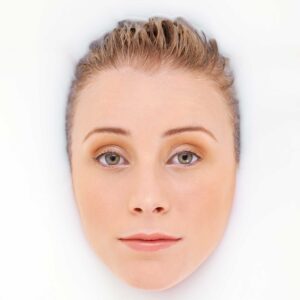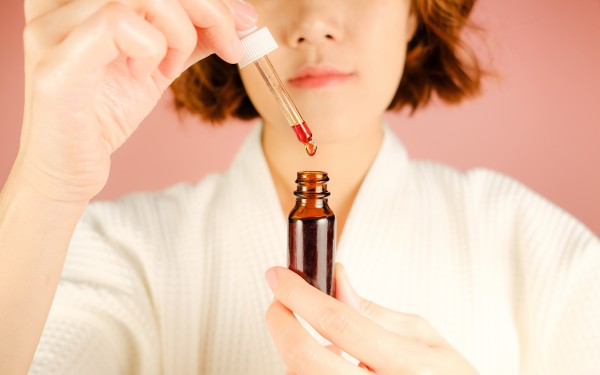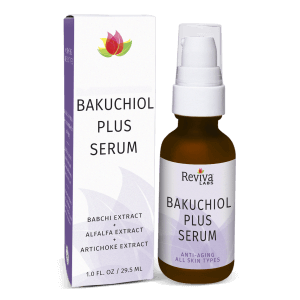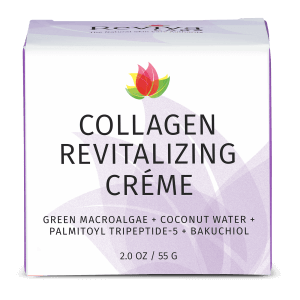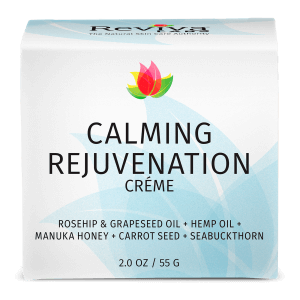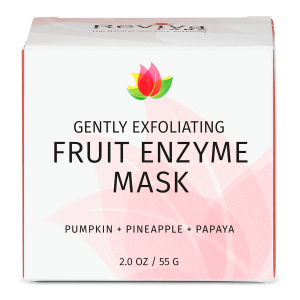Reviva Labs, Skin Care
How Stress Shows on Your Skin and What to Do About It
The weight of stress isn’t just something you carry in your mind—it shows up in your skin too. Whether it’s an unexpected breakout, dullness that won’t go away, or fine lines appearing faster than you’d like, stress accelerates the skin’s aging process and weakens its defenses. Fortunately, with the right skincare and lifestyle choices, you can minimize the impact and restore a radiant, healthy complexion.
How Stress Affects Your Skin
When stress takes hold, your body releases cortisol—a hormone that disrupts nearly every function of your skin. It increases oil production, weakens your moisture barrier, and breaks down collagen. Over time, these changes lead to persistent skin concerns that are difficult to manage without targeted care.
Breakouts and Blemishes
Cortisol overstimulates oil glands, causing excess sebum that clogs pores and leads to acne. Even if you don’t normally struggle with breakouts, stress-induced inflammation can trigger sudden flare-ups or worsen existing blemishes.
Dehydration and Sensitivity
Prolonged stress weakens the skin’s ability to retain moisture, making it more prone to dryness and irritation. A compromised barrier allows environmental pollutants to penetrate more easily, increasing redness and sensitivity.
Dull and Uneven Skin Tone
Stress slows down circulation, depriving skin of the oxygen and nutrients it needs for a bright, even complexion. The result is a tired, lackluster appearance that no amount of makeup can fully conceal.
Fine Lines and Loss of Firmness
Collagen and elastin—the building blocks of firm, youthful skin—break down more rapidly under chronic stress. Over time, this leads to sagging, fine lines, and deeper wrinkles, making skin look older than it should.

Dark Circles and Puffiness
When stress disrupts sleep, dark circles become more pronounced. Reduced blood flow in the under-eye area leads to discoloration, while fluid retention causes puffiness that makes you look even more fatigued.
Increased Skin Irritation
Chronic stress triggers inflammation, worsening conditions like eczema, rosacea, and psoriasis. Skin becomes more reactive, making it harder to tolerate products you once relied on.
How to Protect Your Skin from Stress
Taking control of stress-induced skin concerns starts with a balanced skincare routine, hydration, and small but effective lifestyle adjustments.
Strengthen Your Skincare Routine
Using products that replenish moisture, calm inflammation, and support skin resilience can help counteract the effects of stress.
- Hydrate and repair – Stress depletes moisture, so reinforcing hydration is key. Hyaluronic Acid Serum helps lock in water, preventing dryness and dullness.
- Calm inflammation – Ingredients like hemp oil, turmeric, and chamomile soothe reactive skin. Calming Renewal Serum reduces irritation and restores balance.
- Control breakouts – Glycolic acid unclogs pores and keeps oil in check. Glycolic Acid Facial Cleanser gently exfoliates while preventing stress-induced breakouts.
- Rebuild collagen – Peptides and antioxidants fight premature aging. Advanced Peptide Plus strengthens skin, helping it stay firm and smooth.
- Soothe tired eyes – Sleep deprivation and stress show up fast under the eyes. Firming Eye Serum reduces puffiness and brightens dark circles.
Prioritize Hydration
Dehydration worsens stress-related skin issues, making proper hydration essential. Drinking water throughout the day supports skin elasticity and plumpness. Herbal teas with chamomile or green tea provide added antioxidant benefits.

Choose Nutrient-Dense Foods
Skin relies on key nutrients to combat stress-induced damage. Incorporate:
- Antioxidants from leafy greens, berries, and nuts to neutralize free radicals.
- Omega-3 fatty acids from salmon, flaxseeds, and walnuts to maintain a strong skin barrier.
- Vitamin C from citrus fruits and bell peppers to support collagen production.
Improve Your Sleep Routine
Restorative sleep is essential for skin repair. Aim for seven to nine hours each night to reduce cortisol levels and allow your skin to recover. Using a silk pillowcase helps minimize friction that can contribute to fine lines.
Reduce Daily Stressors
Managing stress isn’t just about self-care—it’s about making changes that protect your well-being.
- Deep breathing exercises lower cortisol levels and help your body reset.
- Regular movement, whether it’s yoga, walking, or stretching, improves circulation and skin vitality.
- Mindfulness practices like meditation or journaling provide mental clarity and reduce tension.
- Setting boundaries with work and personal commitments can help prevent burnout.
Minimize Environmental Damage
External stressors like pollution and UV exposure accelerate skin aging. Wearing SPF daily protects against premature wrinkles and hyperpigmentation. Reviva Labs SPF 30 Moisturizer defends against harmful rays while keeping skin hydrated.
A Calmer Mind, A Healthier Complexion
Stress may be unavoidable, but its effects on your skin don’t have to be. Strengthening your skincare routine, maintaining hydration, improving your diet, and adopting stress-management techniques can keep your complexion looking healthy and resilient—even during challenging times. When your skin is balanced and nourished, you’ll feel more confident facing whatever comes next.




